Engagement for Behavior Change
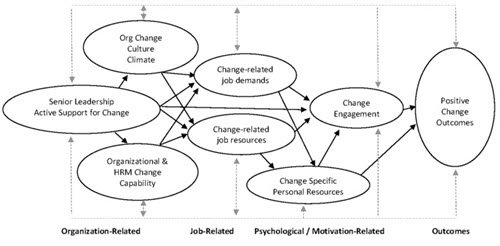
As discussed in my last article, the breakdown in behavior change often stems not from flawed techniques, but from weak engagement. Specifically, lack of engagement with the change initiative and its reinforcement mechanisms, rather than general organizational engagement. The Change Engagement Model (CEM) (also discussed in a previous article) is a framework based on the […]
Why Many Behavior Change Interventions Fail

Behavior change interventions frequently fail primarily due to poor user engagement. While psychological theories and behavior change techniques may demonstrate efficacy in controlled conditions and with committed participants, their effectiveness in the real world is undermined if users do not engage with them as intended. Behavior interventions frequently face challenges with people not starting the intervention or dropping out very […]
Implementation Science and Behavior Change
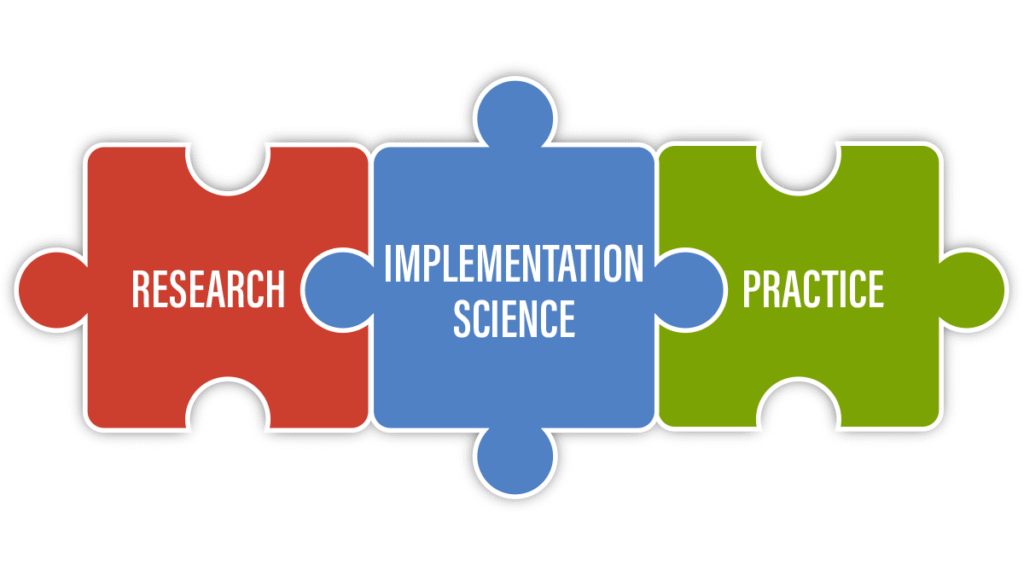
Implementation science is an innovative discipline dedicated to studying and informing the development and investigation of methods to promote the systematic uptake of research findings and other evidence-based practices into real-world contexts and routine practices. This field emerged to address the significant “implementation gap”, which refers to the considerable delay (often between fifteen and twenty […]
Managing the Unexpected

Organizational culture is believed to be developed as a patterned set of shared beliefs and expectations. Often, the definition of culture ends here. In fact, however, culture also includes a repertoire of capacities for action that shapes how individuals and groups detect, manage, and learn from the unexpected. In their volume, “Managing the Unexpected (2007), […]
Leader Sensemaking and Change
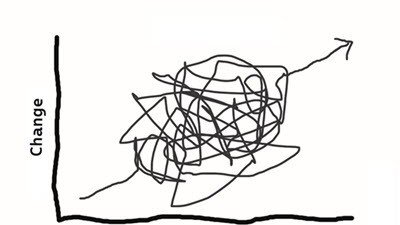
Leaders make sense of and engage with transformative organizational change through a complex process primarily driven by their own sensemaking. This process is not straightforward and is influenced by their existing beliefs, experiences, and the social context, according to Ronald Skea, author of “Leadership, Organizational Change, and Sensemaking (2021)”. Successful change in thinking begins with […]
What Sensemaking During Crises Teaches us About Change

Crises are characterized by low probability/high consequence events that challenge organizational goals and defy easy interpretation. In his 1988 study of leader sensemaking Karl Weick introduces and explores the concept of enacted sensemaking in the context of organizational crises, arguing that the actions taken to understand a crisis can paradoxically worsen it. Drawing on examples […]
Sensemaking: A Primer

“Sensemaking” has become a critical concept in organizational change, particularly within lean and complexity-aware approaches. It refers to an ongoing process through which people identify, interpret, understand, and create meaning when faced with ambiguous or changing circumstances. In other words, sensemaking is how individuals and groups make sense of what is happening around them, especially […]
The Trust Factor

Highly experienced change Implementation practitioners widely emphasize that high-quality relationships, including trust, are a — if not the — critical factor for achieving positive implementation results. They describe trust between themselves and stakeholders, as well as among key stakeholders, as foundational for successful implementation and the sustainability of successful programs and practices. Recently, many experienced […]
Rethinking Change Leadership

Over three decades ago, Rost (1993), an education academic, highlighted the existence of a “mythical leadership narrative.” He suggested that while significant progress appears to have been made in leadership study that, in reality, his own attempts to encourage a paradigm shift in understanding leadership were largely ignored. A similar situation might be occurring within the […]
What is Change Adoption, Anyway?
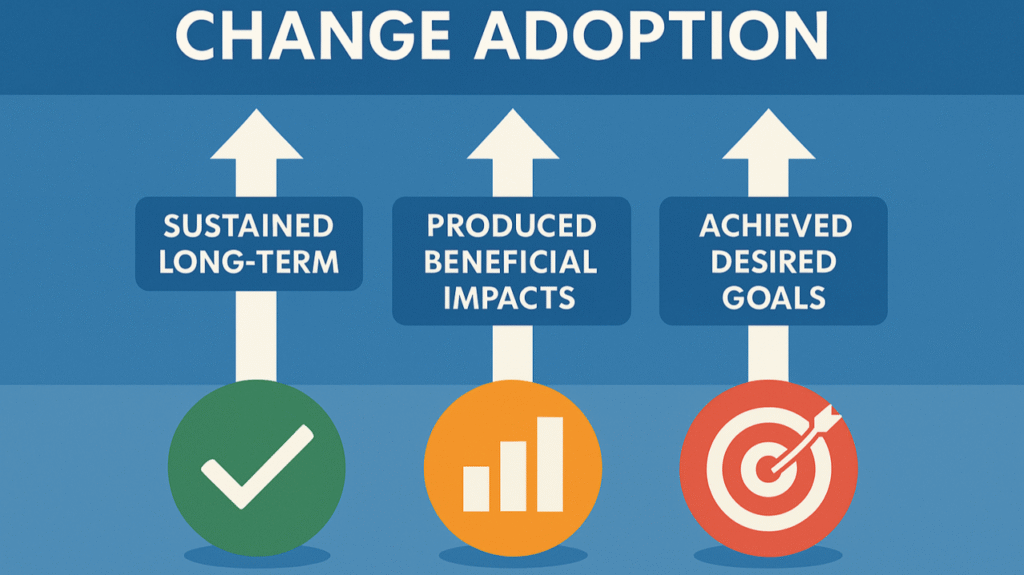
Change adoption has been variously defined in a multitude of publications and posts, but there appears to be considerable misunderstanding regarding what adoption truly entails and when it is perceived to have occurred. Is it a process? An outcome? Or is it a state? Research by Lines and Vardireddy (2017) investigates how change management practices […]
Digital Transformation — If the shoe doesn’t fit…
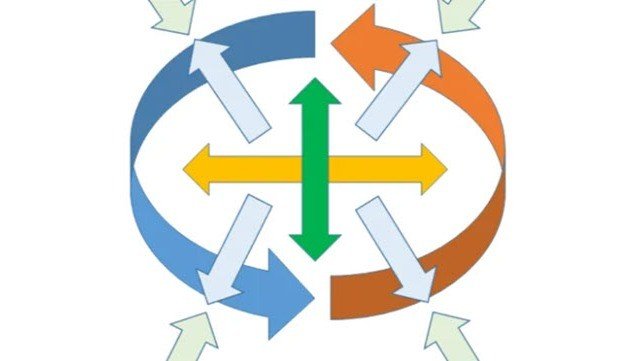
What clearly distinguishes Digital Transformation (DT) from ordinary change management work is the unique nature of the digital technologies that drive true organizational transformation and the interconnected, turbulent environments they foster. And yet, many change practitioners consider traditional change management to be synonymous with transformation. It is patently obvious, however, that business as usual does […]
Is It Really Transformation?
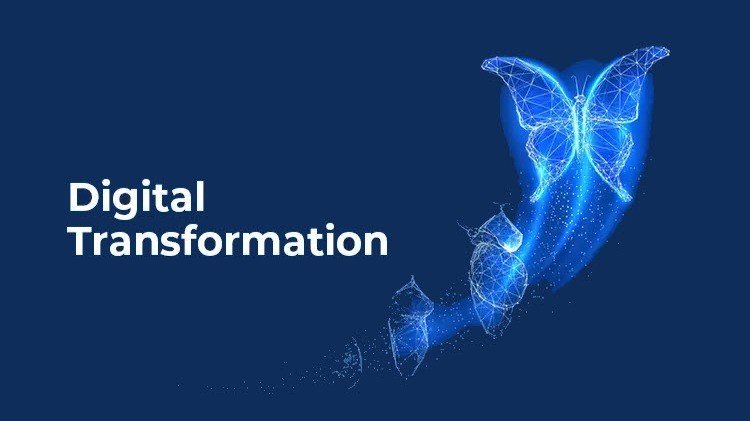
It is generally agreed that the adoption of digital technologies, termed digital transformation, fundamentally alters organizations. And we hear a lot about organizations undergoing these digital transformations, so much so that the term has practically become synonymous with change in general. But the reality is that many organizations struggle to move beyond incremental optimizations of […]
